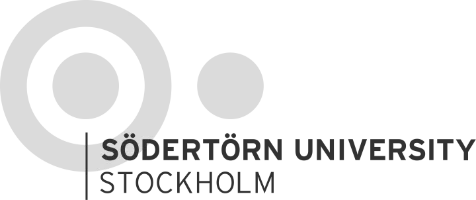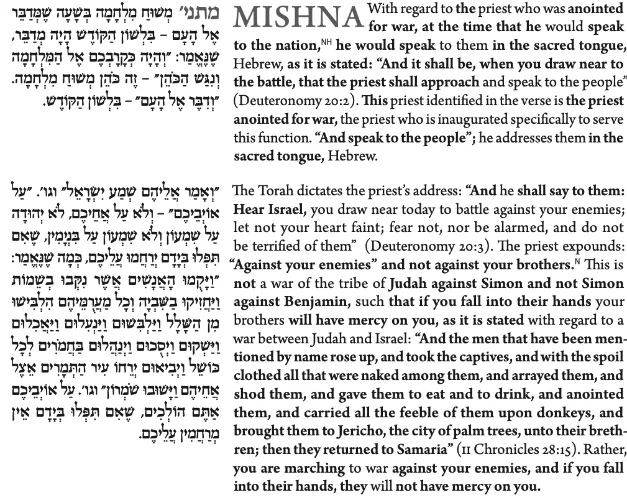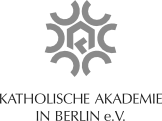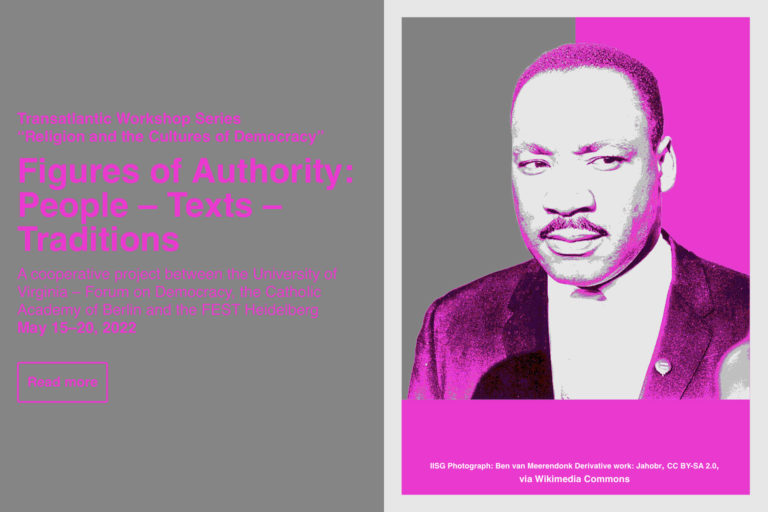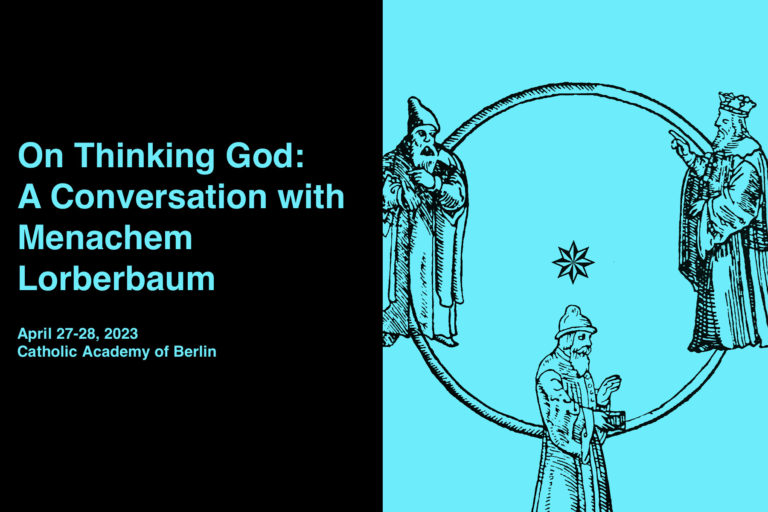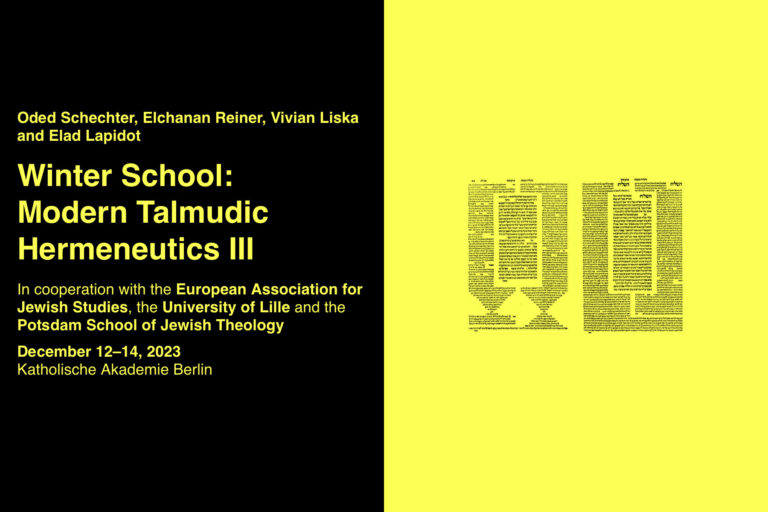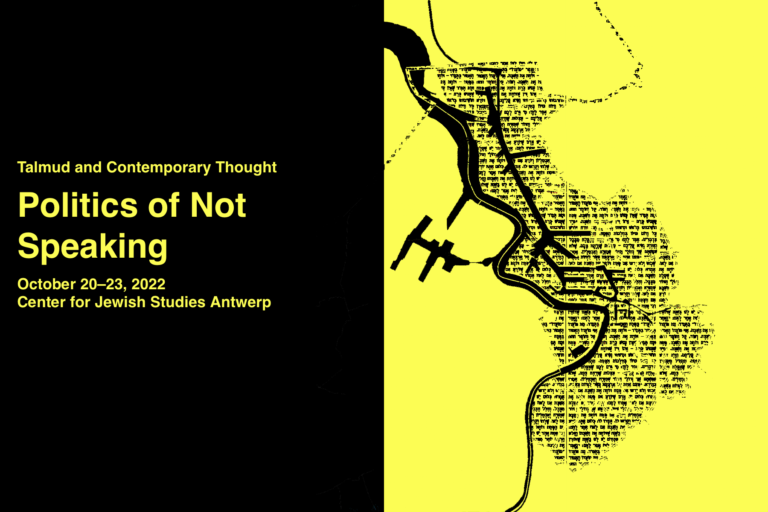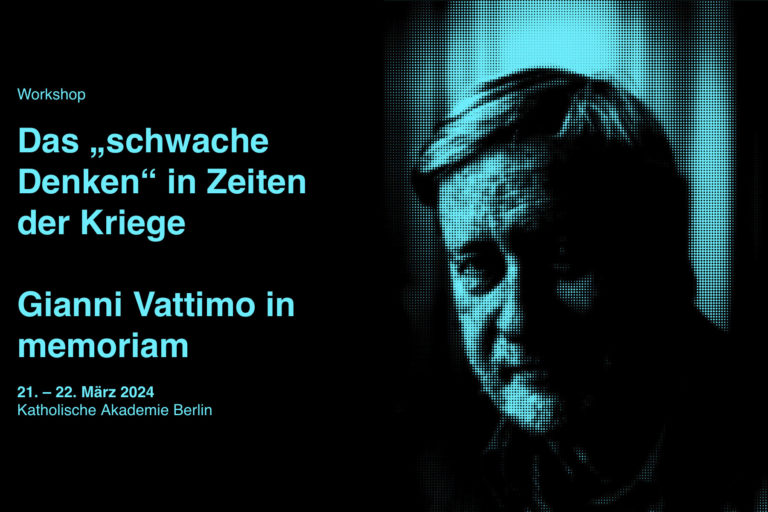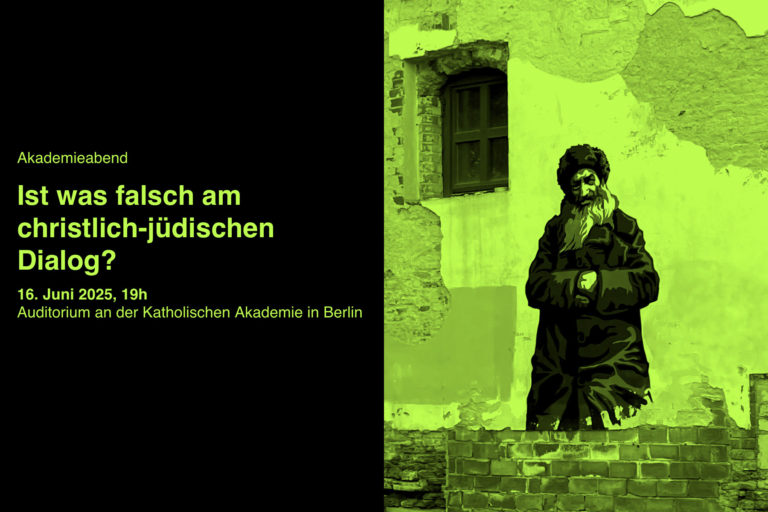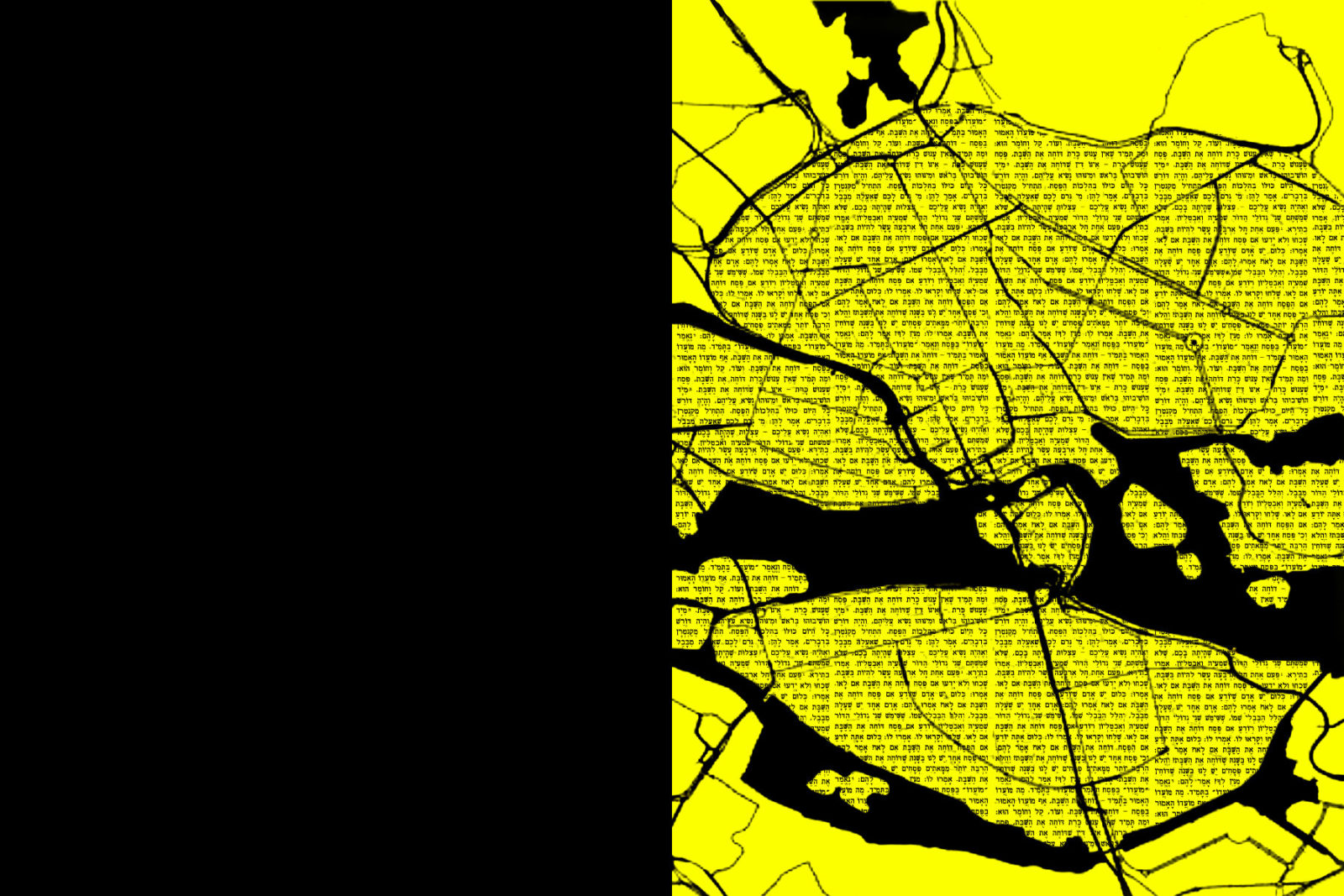
International Workshop
Workshop on Talmud and Contemporary Thought – Thinking War
November 13–16, 2025
Paideia, The European Institute for Jewish Studies in Sweden
Workshop on Talmud and Contemporary Thought – Thinking War
International Workshop
November 13–16, 2025
Paideia, The European Institute for Jewish Studies in Sweden
The Workshop on Talmud and Contemporary Thought is an annual intellectual encounter, which explores ways of how the Talmudic tradition of text may offer a medium for contemporary thought, in the sense of thought that engages on issues of contemporary social, political and cultural concern.
The workshop revolves around a Talmudic text, which serves as a medium and environment for thinking together politico-theoretical questions of contemporary concern. The program is based on readings of these texts in view of the guiding questions, which are presented by different participants as a basis for group discussions. A unique feature of the workshop is that it brings together intellectuals with various backgrounds, some more Talmudic, some from other disciplines, in an attempt to enrich conversations and broaden horizons.
The theme for the 2025 workshop is “Thinking War”. The basic question concerns the relation between the two parts of this title: thought and war. Are they at war with each other? Is war the end of thought and thought the end of war? Or are they connected, allied, war arises from thought or vice versa? What is the position of thinkers and scholars in times of war, what is their power? What does this mean for us, in our time, with our wars? What is the role of the Talmud in the current violence?
The Texts
The texts, in original and in English translation, may be found here:
Participants
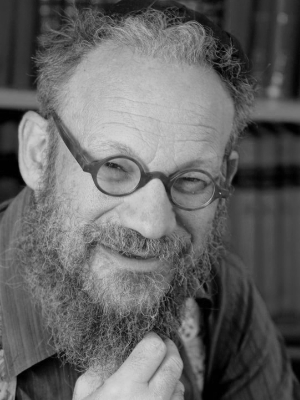
Daniel Boyarin, Taubman Professor Emeritus of Talmudic Culture and Rhetoric, UC Berkeley received his Ph. D. in 1975 from the Jewish Theological Seminary of America. He has been an NEH Fellow (twice), a Guggenheim Fellow, a Fellow of the Institute for Advanced Studies in Jerusalem, a holder of the Berlin Prize at the American Academy in Berlin and a Ford Foundation Fellow. He spent the academic year 2012-2013 as a fellow of the Wissenschaft Kolleg in Berlin and a von Humboldt Forschung Preisträger at the FU Berlin in 2017. He is a fellow of the American Academy of Arts and Sciences since 2006. Recent Publications: A Traveling Homeland: The Talmud as Diaspora (Penn: 2016); Imagine No Religion [with Carlin Barton: Fordham: 2016]; Judaism: the Genealogy of a Modern Notion (Rutgers University Press, 2018).
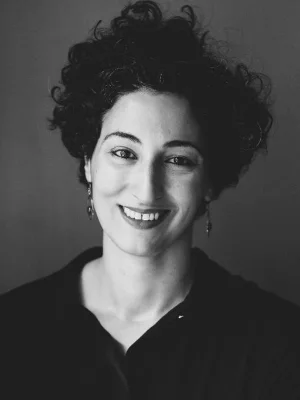
Yasmeen Daher holds a PhD in Philosophy from the University of Montreal. She is currently a postdoctoral fellow with the International Research Group on Authoritarianism and Counter-Strategies at the Faculty of Economics and Social Sciences, University of Potsdam.
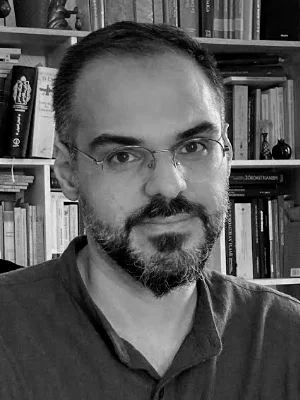
Anoush Ganjipour is a permanent researcher on philosophy at the Centre National de Recherche Scientifique (Centre Jean Pépin-École Normale Supérieure, Paris). He is a specialist in Islamic thought and comparative philosophy. His last monography focuses on Islamic political theology: L’ambivalence politique de l’islam : pasteur ou Léviathan ? (Seuil, 2021) He has recently edited the following books: Politique de l’exil. Giorgio Agamben et l’usage de la métaphysique (Éditions Lignes, 2019) Monothéismes et politique : modernité, sécularisation, émancipation (CNRS Éditions, 2022).
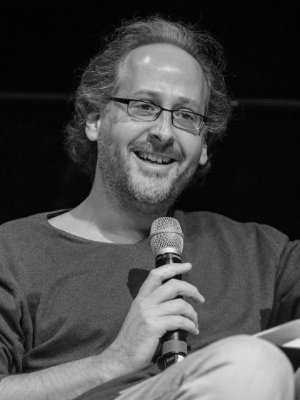
Elad Lapidot is professor for Culture Studies at the University of Lille, France. He specializes in philosophy, Jewish thought and Talmud and was teaching at the University of Bern, Switzerland, the Humboldt Universität Berlin and the Freie Universität Berlin. His work is guided by questions concerning the relation between knowledge and politics. Among his publications: Jews Out of the Question. A Critique of Anti-Anti-Semitism (SUNY Press, 2020), Hebrew translation with introduction and commentary of Hegel’s Phänomenologie des Geistes, Vol. 1 (Resling, 2020), Heidegger and Jewish Thought. Difficult Others, (Rowman & Littlefield, 2018), and Etre sans mot dire : La logiqe de ‘Sein und Zeit’ (Zeta Books, 2010).
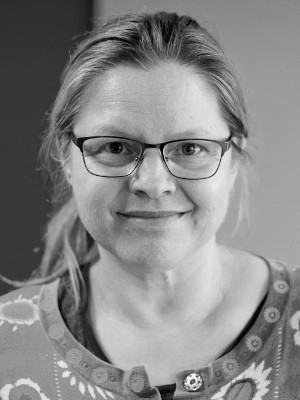
Lena Roos is professor of the Study of Religions at Södertörn University, Stockholm. She is one of the scholars in the research project Experimenting with Traditions. The Life and Afterlife of 20th Century Jewish Intellectual Culture in the Baltic Sea Region.
Her research interests include Jewish history from the Middle Ages to contemporary times but also themes as religion and food, religion and sexuality as well as religion and gardening.
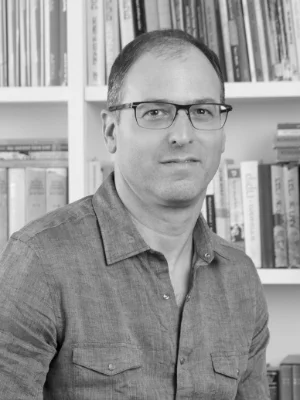
Prof. Ishay Rosen-Zvi, teaches rabbinic literature at the Department of Jewish Philosophy and Talmud at Tel-Aviv University. In 2024-5 he was the Gerard Weinstock Visiting Professor and a Harry Starr Fellow at the Center for Jewish Studies, Harvard University. He has taught in many universities among them Princeton, UC Berkeley, UCLA and Humboldt-Universität zu Berlin. He has written on issues of Hermeneutics, self-formation and collective identity in Second-Temple Judaism and rabbinic literature. Among his publications are: Among his publications are: Demonic Desires: YETZER HARA and the Problem of Evil in Late Antiquity (Penn Press: Philadelphia 2011); Body and Soul in Ancient Judaism (Modan: Tel Aviv 2012); The Mishnaic Sotah Ritual: Temple Gender and Midrash (Brill: Leiden 2012); Goy: Israel’s Others and the Birth of the Gentile (with Adi Ophir) (OUP: Oxford 2018); The Secret Life of Jewish Holidays (Kineret-Zemora: Tel Aviv, 2023); The Talmud: A History of Learning, with Yakov Z. Meir (Magness Press: Jerusalem, 2025); How to Read Mishna and Midrash: An Introduction to Early Rabbinic Literature (University of California Press: Berkeley, 2025).
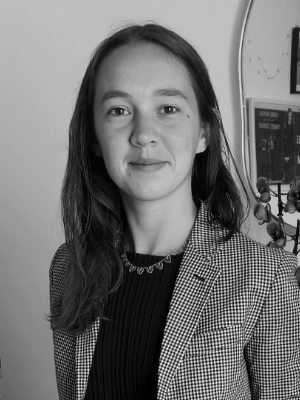
Lucile Salou is a doctoral student at the University of Lille. Her research focuses on the philosopher Emmanuel Levinas. She focuses on how the Jewish thinker attempts to think history after the tragedies of the twentieth century seem to have broken its course. To this end, she is interested in the points of encounter between so-called “Greek” philosophy and Talmudic thought.
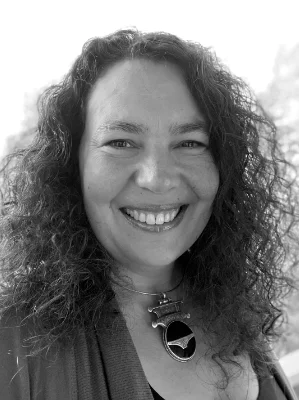
Fanny Söderbäck is Associate Professor of Philosophy at Södertörn University and the co-founder and co-director of the Kristeva Circle. Her work lies at the intersection between continental philosophy, memory studies, feminist theory, and critical philosophies of race. She holds a PhD in Philosophy from the New School for Social Research and has held positions at Siena College and DePaul University. She is the author of Revolutionary Time: On Time and Difference in Kristeva and Irigaray (2019).She has edited Feminist Readings of Antigone (2010) and is a co-editor of the volume Undutiful Daughters: New Directions in Feminist Thought and Practice (2012). Her current research project, Between the Jewish Baltic and the Black Atlantic, examines Jewish and Black women’s narratives in the wake of violence.
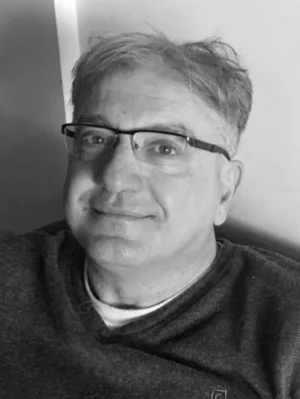
Raef Zreik is a professor of political and moral philosophy at The Academic College of Tel Aviv-Yaffo and senior researcher at Jerusalem Van Leer Institute. Fields of interest: Kantians moral philosophy, interpretation, citizenship studies, critical legal theory, Zionism and Palestine-Israel studies. He is a graduate of Harvard, Columbia and the Hebrew University, serving as a member of the editorial board of the Journal of Palestine Studies. His book Kant’s Struggle for Autonomy: On the Structure of Practical Reason (2023) examines Kant’s concept of legal right and the transition from questions of ethics to questions of law.
Program
| November 13 – Thursday | |
| 16:00 | Meeting at the venue |
| 16:30–18:00 | Elad Lapidot (Université de Lille) |
| 18:00–18:30 | Coffee Break |
| 18:30–20:00 | Public Lecture: Raef Zreik, Ishay Rosen-Zvi |
| 20:30 | Dinner |
| November 14 – Friday | |
| 09:30–11:00 | Fanny Söderbäck (Södertörn University) |
| 11:00–11:30 | Coffee Break |
| 11:30–13:00 | Anoush Ganjipour (CNRS-ENS) |
| 13:00-14:00 | Lunch |
| 14:00-15:30 | Yasmeen Daher (Potsdam University) |
| 15:30-16:00 | Coffee Break |
| 16:00-17:30 | Ishay Rosen-Zvi (Tel Aviv University) |
| 17:30-20:00 | Free time |
| 20:00 | Shabbat Dinner |
| November 15 – Saturday | |
| 11:00-12:30 | Lucile Salou (Université de Lille) |
| 12:30-13:30 | Lunch Break |
| 13:30-15:00 | Raef Zreik (Tel Aviv Jaffa College) |
| 15:00-15:30 | Coffee Break |
| 15:30-17:00 | Lena Roos (Södertörn University) |
| 17:00-19:00 | Free Time |
| 19:00 | Dinner |
| November 16 – Sunday | |
| 9:00-10:30 | Daniel Boyarin (University of Berkeley) |
| 10:30-11:00 | Coffee Break |
| 11:00-12:30 | Open Discussion Session |
| 12:30-13:30 | Concluding Discussion |
| 13:30 | Lunch |




